The expansion of land for agriculture is the leading driver of deforestation and biodiversity loss.
Half of the world’s ice- and desert-free land is used for agriculture. Most of this is for raising livestock – the land requirements of meat and dairy production are equivalent to an area the size of the Americas, spanning all the way from Alaska to Brasil.
The land use of livestock is so large because it takes around 100 times as much land to produce a kilocalorie of beef or lamb versus plant-based alternatives. This is shown in the chart. The same is also true for protein – it takes almost 100 times as much land to produce a gram of protein from beef or lamb, versus peas or tofu.
Of course, the type of land used to raise cows or sheep is not the same as cropland for cereals, potatoes, or beans. Livestock can be raised on pasture grasslands, or on steep hills where it is not possible to grow crops. Two-thirds of pastures are unsuitable for growing crops.
This raises the question of whether we could, or should, stop using it for agriculture at all. We could let natural vegetation and ecosystems return to these lands, with large benefits for biodiversity and carbon sequestration.
One concern is whether we would be able to grow enough food for everyone on the cropland that is left. The research suggests that it’s possible to feed everyone in the world a nutritious diet on existing croplands, but only if we saw a widespread shift towards plant-based diets.
Credits: Main photo by Tom Fisk



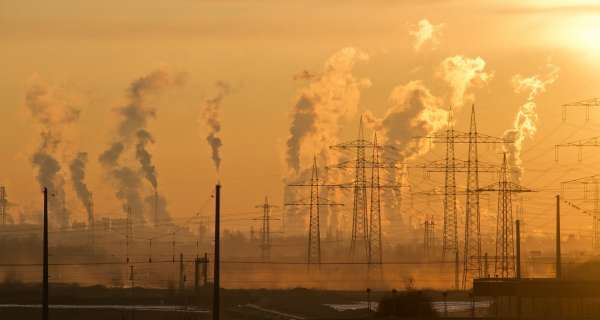

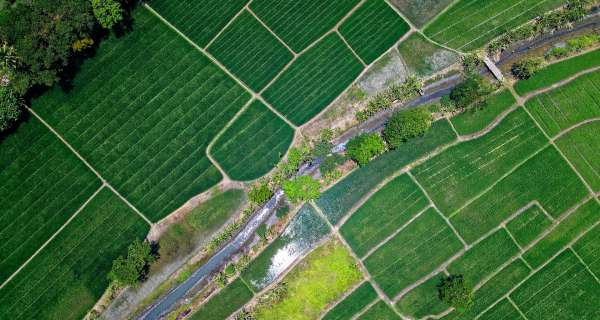



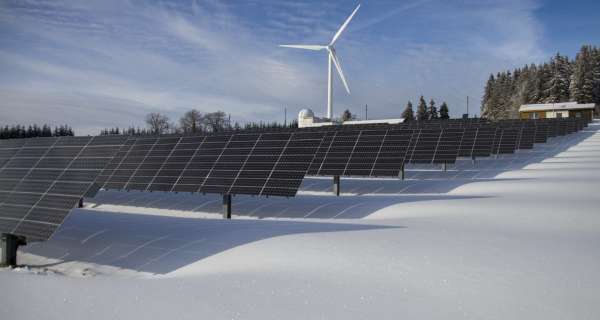



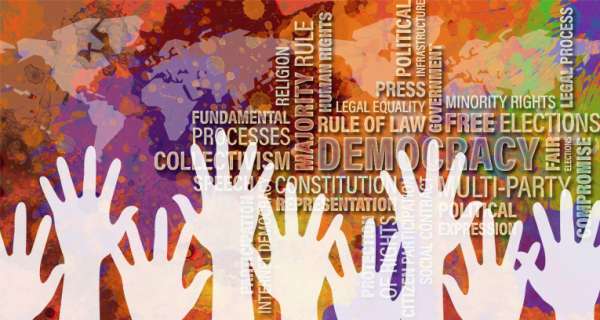
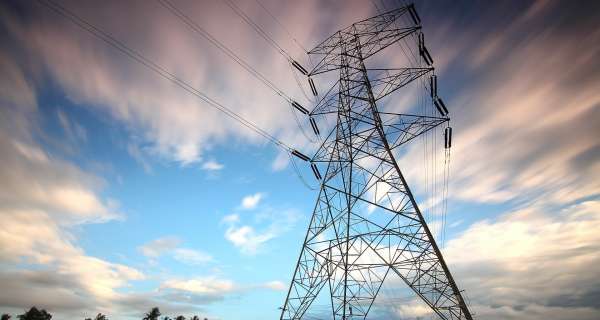



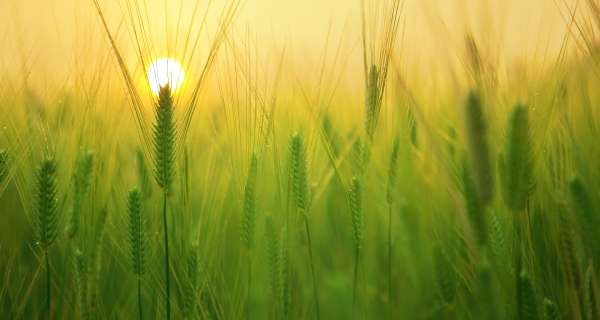





0 Comments